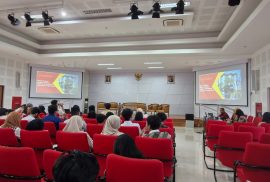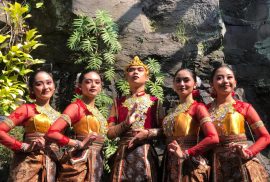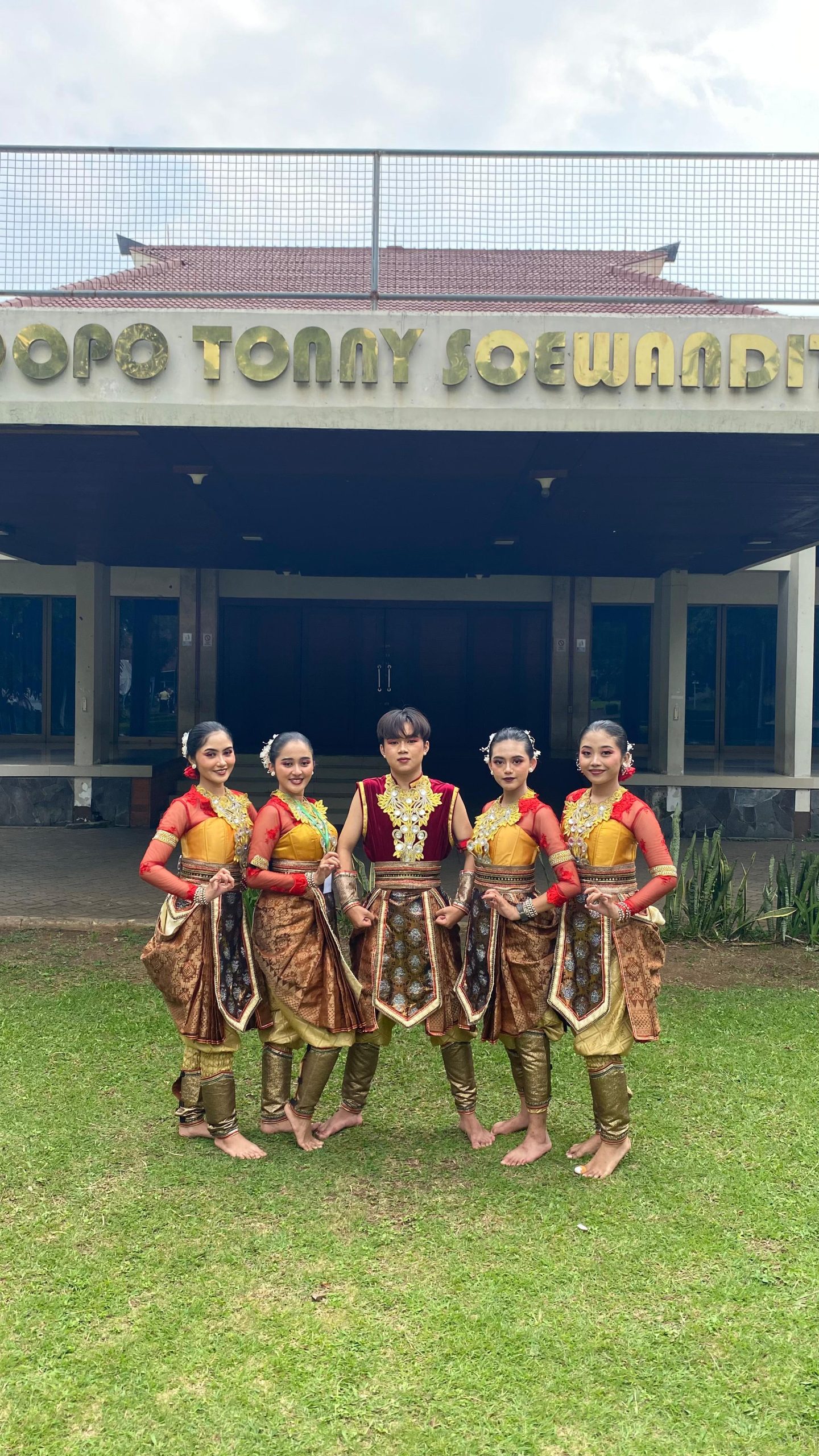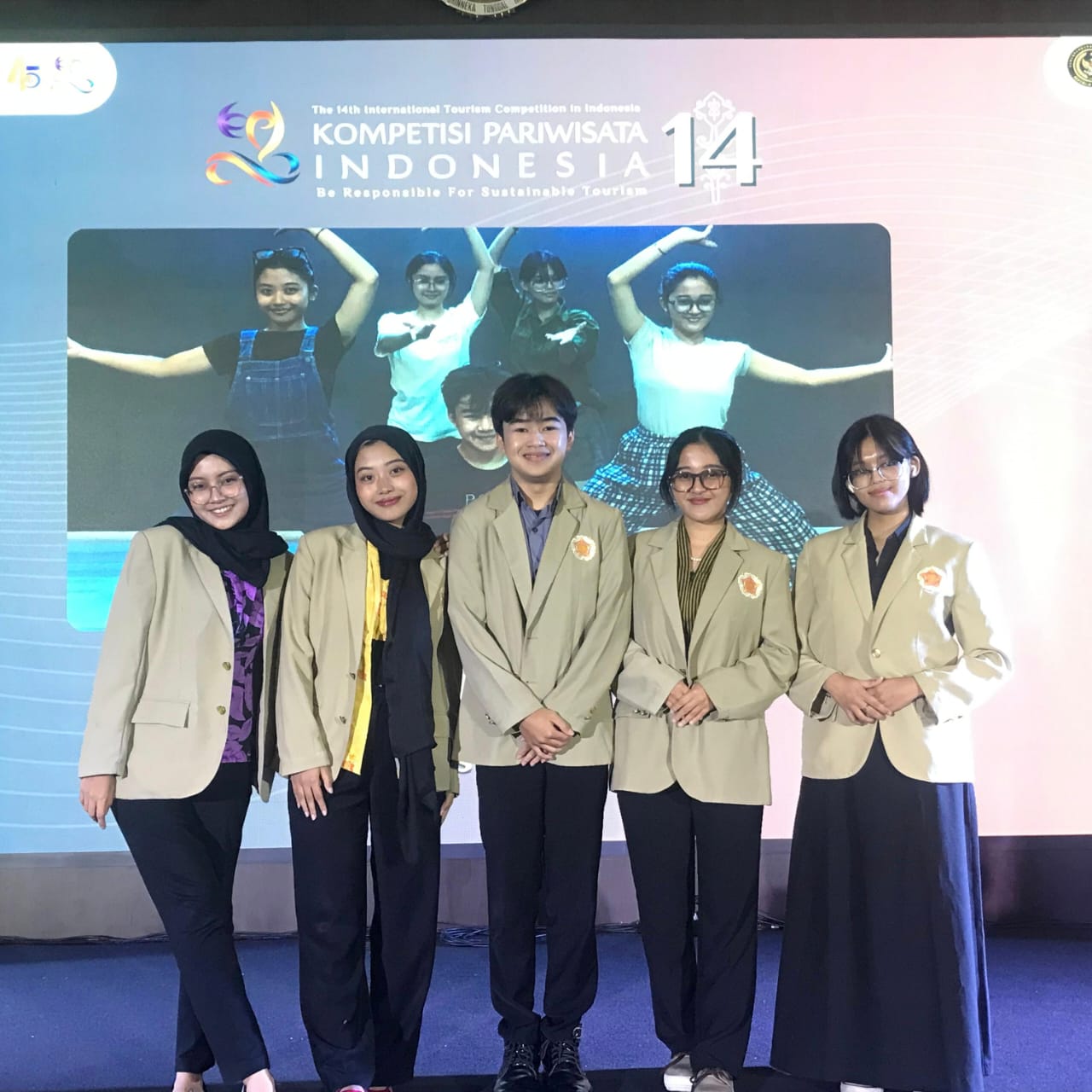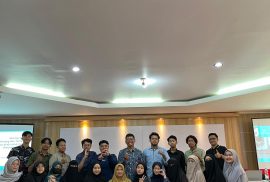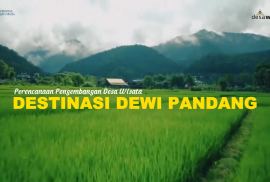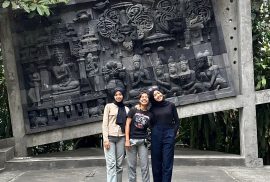Yogyakarta, August 13, 2024 – The Faculty of Humanities of Universitas Gadjah Mada (UGM) successfully held the inaugural lecture for new undergraduate students of the Class of 2024 with the theme “The Role of Humanities in the 21st Century”. The event was held on Tuesday, August 13, 2024, from 08.00 WIB to 11.00 WIB at Soegondo Building, UGM. Facing the number of participants reaching 700 people, this inaugural lecture was held offline at Soegondo Auditorium and online in various classes that had been determined. The division of rooms for this event was as follows:
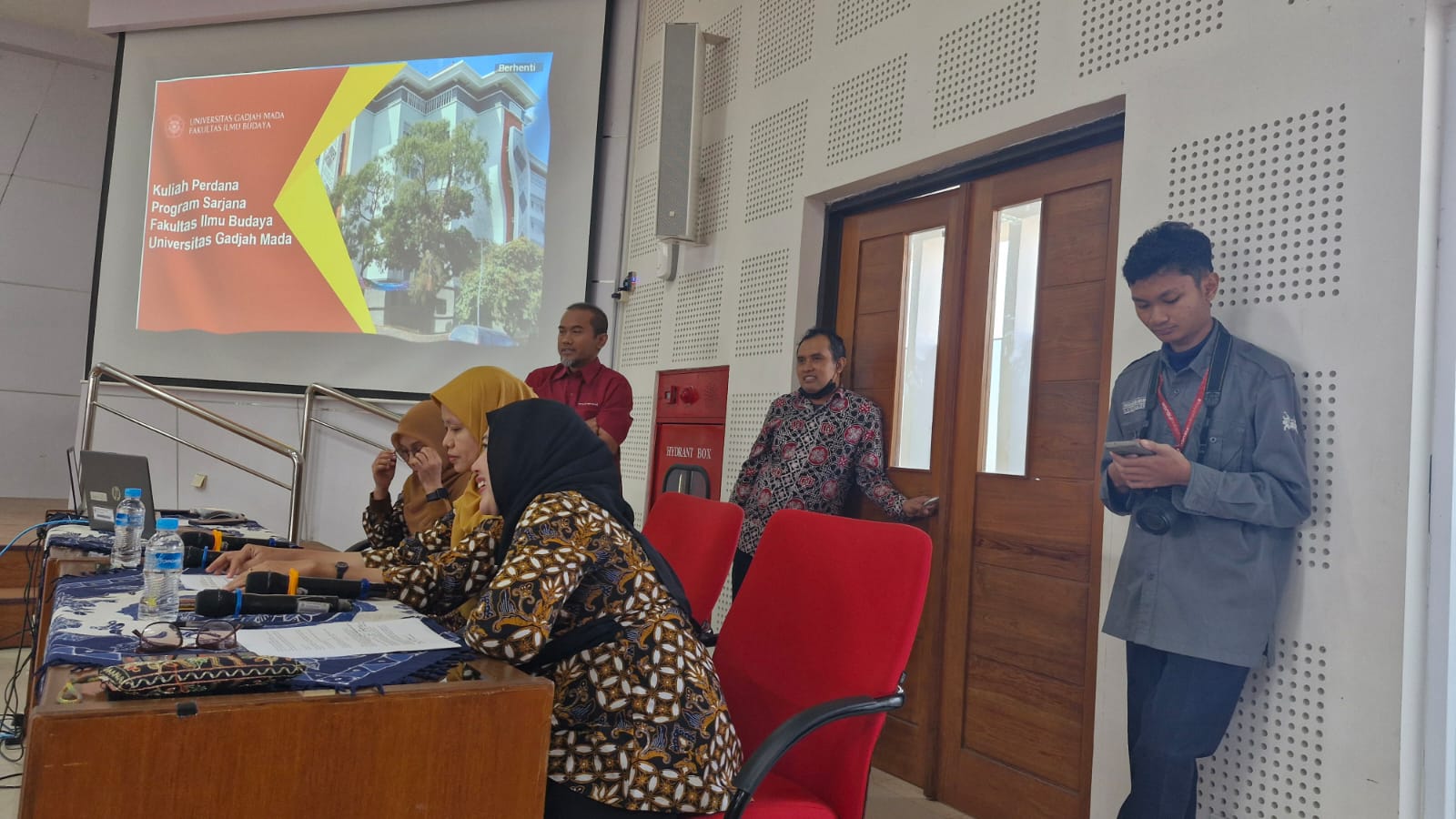
– Soegondo Auditorium: Students of the Cultural Anthropology, Indonesian Language and Literature, and Tourism Study Programs.
– Soegondo Room 707: Students of the Javanese Language, Literature, and Culture, French Language and Literature, and History programs.
– Soegondo Room 625+627: Students of Korean Language and Culture Study Program.
– Soegondo Room 521+522: Students of the English Literature Study Program.
– Soegondo Room 407+409: Students of the Arabic Literature Study Program.
– Soegondo Room 310: Students of Japanese Language and Culture Study Program.
– Soegondo Room 226+227: Students of the Archaeology Study Program.
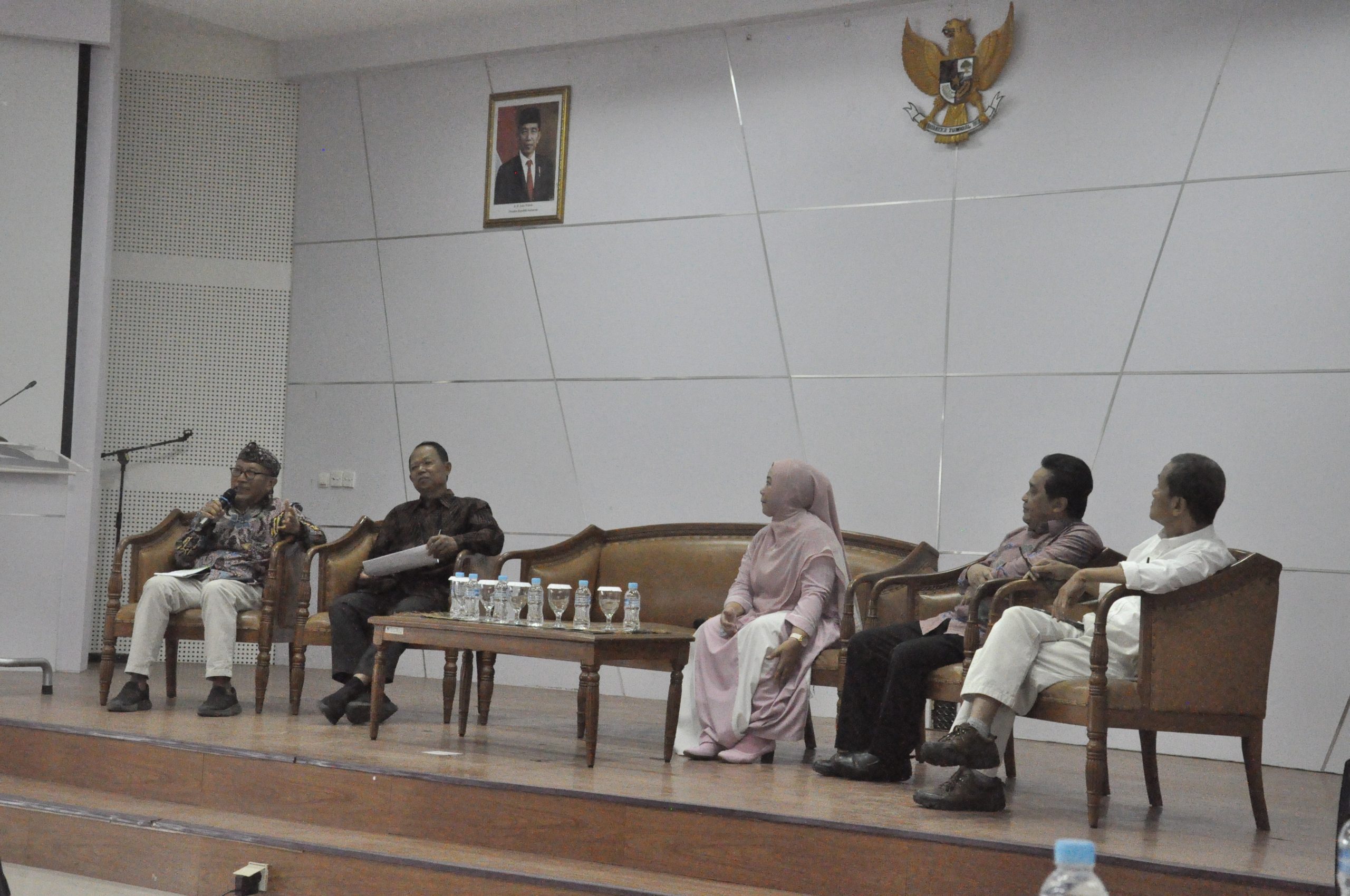
The event was attended by Heads of Departments and Heads of Undergraduate Study Programs (S1) and guided by the moderator, Dr. Wulan Tri Astuti, S.S., M.A.. This event certainly presents excellent speakers: Prof. Dr. Fadlil Munawaar Manshur, M.S., Prof. Dr. Bambang Hudayana, M.A., Prof. Dr. Sangidu, M.Hum., and Prof. Dr. Hendrokumoro, M.Hum. The speakers gave in-depth presentations on the contribution and relevance of the humanities in the context of the 21st century, providing valuable insights for the new students to start their academic journey. With high enthusiasm and spirit, new students are expected to absorb knowledge and inspiration from this inaugural lecture to build useful knowledge in the field of humanities.

